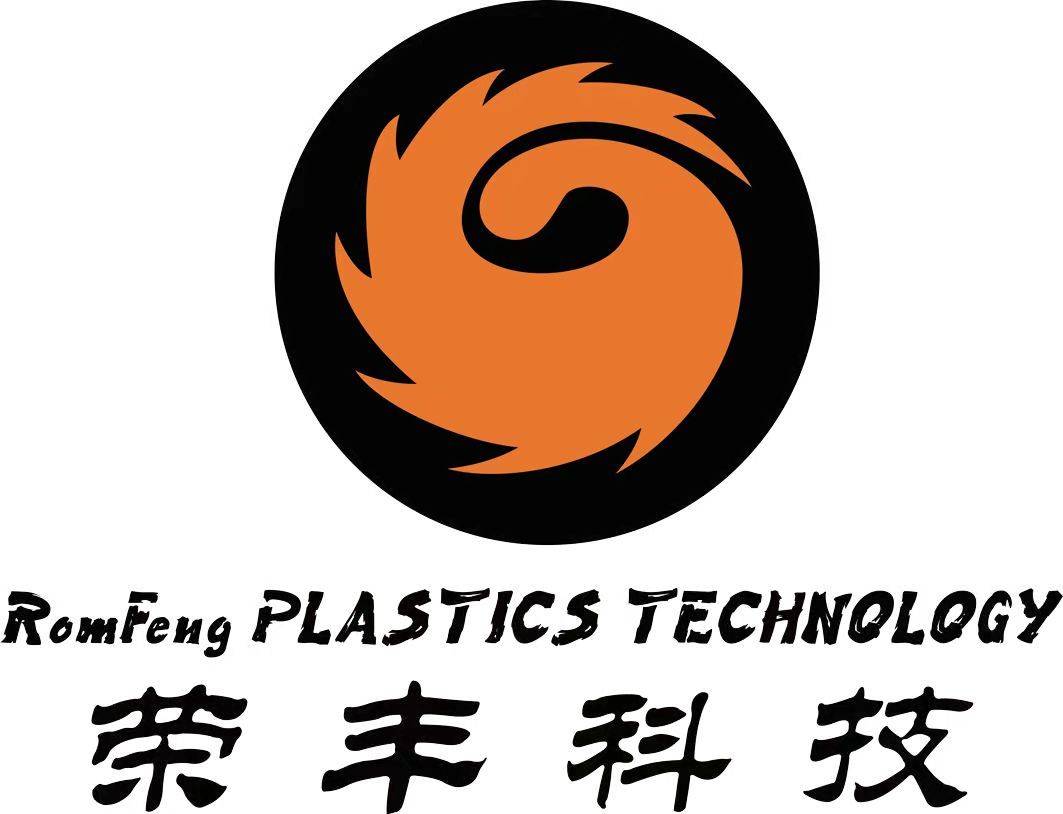PRODUCTS
PP Shiny Pink Color Masterbatch with Glittering Effect
PP Light Yellow Color Masterbatch for Caps
PLA PETG Color Masterbatch for Dark Twinkling Green Gold Purple Blue
120 ℃ -40 ℃ Hardness Shore D 45 TPE Car Dust Covers Special Elastic Material
PUR Modified Materials for Drag Chain Cables Outer Jackets
PVC Modified Materials for Drag Chain Cables
TPE Modified Materials for Drag Chain Cables Outer Jacket and Insulation
Custom Color Masterbatch for Silane XLPE Sheathing
ABS Color Masterbatch Neon Colors High Gloss






